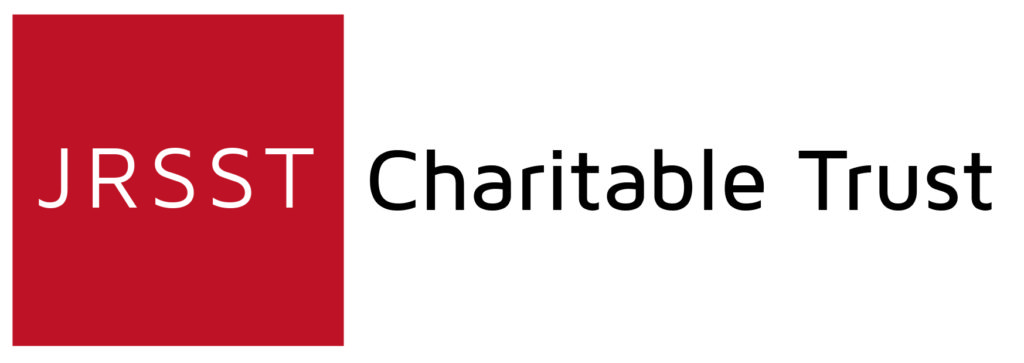
The JRSST Charitable Trust (Charity Registration No. 247498) was created and funded by The Joseph Rowntree Reform Trust in 1955.
JRSST-CT is independent of JRRT, and funds activity that supports its charitable purposes. Its registered activity is: “undertaking or supporting work which relates specifically to supporting the development of an increasingly democratic and socially just society in the United Kingdom”
What we work for
JRSST-CT seeks to develop understanding of and participation in our democratic system as a means of ensuring that power can be more equally shared. We work for:
- Power, exercised through representatives and institutions, that is responsible and accountable to wider society.
- Citizens, well informed, with opportunities to participate
We strengthen the hand of organisations working to correct imbalances of power, and to enhance citizenship and understanding of democracy, rights and social justice.
We focus on underlying causes, building an evidence base for solutions, supporting research, education and awareness
Our grant-making
JRSST-CT is relatively small with assets of over £4m and an annual grant-making capacity of between £100,000 and £200,000. Grants are awarded twice a year.
JRSST-CT’s grants support a range of charitable purposes, including advancing understanding of citizenship, human rights, equality and participation in democracy.
Details of some of our current grants can be found here.
What we fund – our priorities
As a small charitable Trust, JRSST-CT is keen to focus its funding on initiatives, campaigns and research that achieve change rather than direct support for education programmes or information provision. We particularly welcome applications for work on:
Democratic and constitutional reform
Examples could include:
- building understanding of threats to democracy and different approaches to addressing
- research and analysis of specific reform proposals, and of their impact on particular demographic groups
- use of participatory or deliberative processes and innovative ways to inform government and parliamentary reform initiatives
Informed citizens: democracy education and information
Examples could include:
- campaigns to strengthen citizen education in schools and youth engagement
- strengthening information to support citizens’ ability to participate in democracy
- understanding how citizens, in particular disengaged demographic groups, access information and barriers to voter participation or democratic engagement
- promoting public interest journalism and the role of local journalism in supporting local democracy
- expanding understanding of citizenship
Democracy “Policy Research”
Examples could include research on:
- democratic reform proposals, including Government initiatives, setting out clearly the evidence base and building understanding of the range of perspectives for and against.
- motivation and barriers to engagement and participation, including particular demographics, that informs the work of sector campaigners.
- Auditing specific indicators of the health of democracy
- Rapid response to political developments, promoting understanding of potential responses and solutions
- Building connections between democracy campaigners and academics.
See JRSST-CT’s most recent annual report for further information.
